When it comes to a series like The Crown, the term "social status" fails to hold any serious meaning, because most of its characters are already accorded a variety of titles that ensure the separation between those on the upper rungs of royalty, and those that languish below them.
On the other hand, the royal family is fully aware that the influence they wield is nothing more than vestigial, remnants of a simpler time that are getting harder and harder to fit into a rapidly modernizing world. They accept the most basic notion of all — that it is the people who give them their power, that without the affections of the public, their official positions might as well be worthless.
10 Camilla Shand
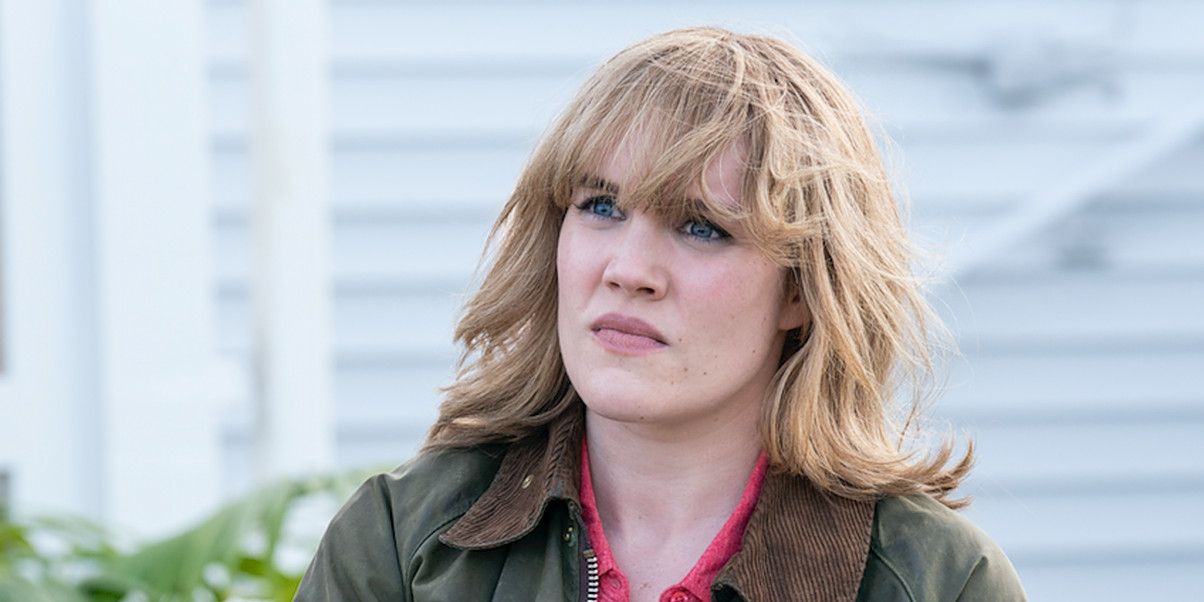
In the beginning, Camilla convinces Charles to go ahead with Diana, which, of course, ends in the two getting married. The original affair still continues, however, with the Prince of Wales giving Camilla pieces of personal jewelry.
Unfortunately, Diana just seems to rub her husband the wrong way whatever she does, which is honestly neither woman's fault. Regardless, when Charles finally begs Camilla to be with her, she reveals that his wife's fame suggests that she would be widely scorned if she ever broke them up.
9 The Duke & Duchess Of Windsor
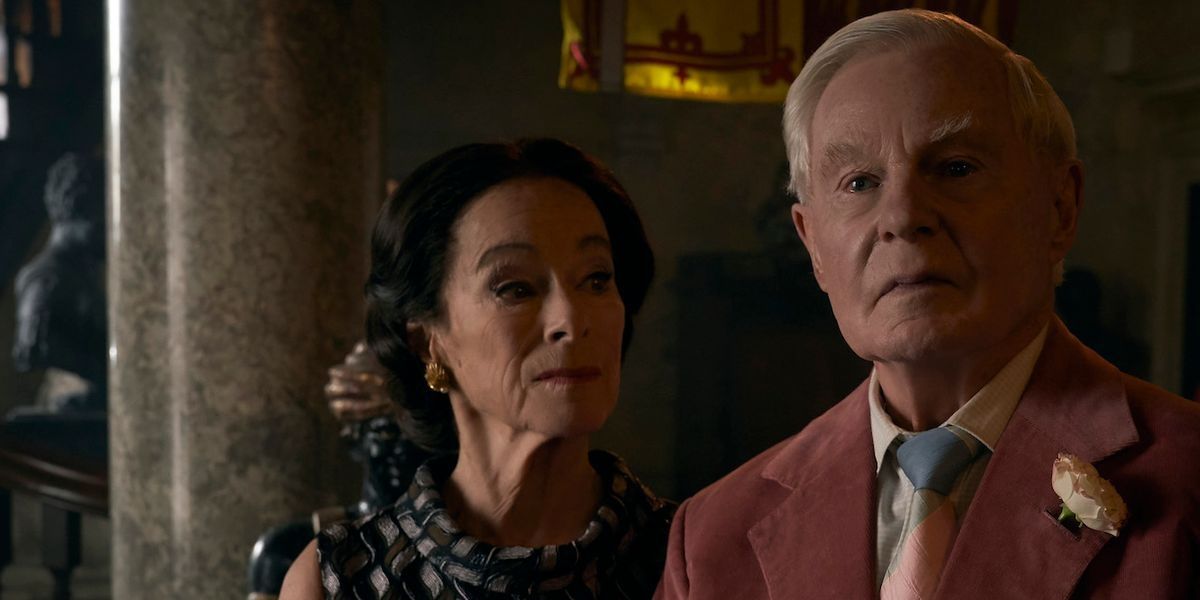
Edward and Wallis, the Duke and Duchess of Windsor, might have been King and Queen in a different life — here, he is forced to abdicate the throne in favor of his younger brother, Bertie, after which he is granted a new title, one which has had no precedent or successor.
The royals don't hold back their hatred for the Duke and Duchess, and Queen Elizabeth II herself partially blames her uncle for her father's untimely death. In any case, going from King to Duke is a massive downgrade.
8 Princess Anne
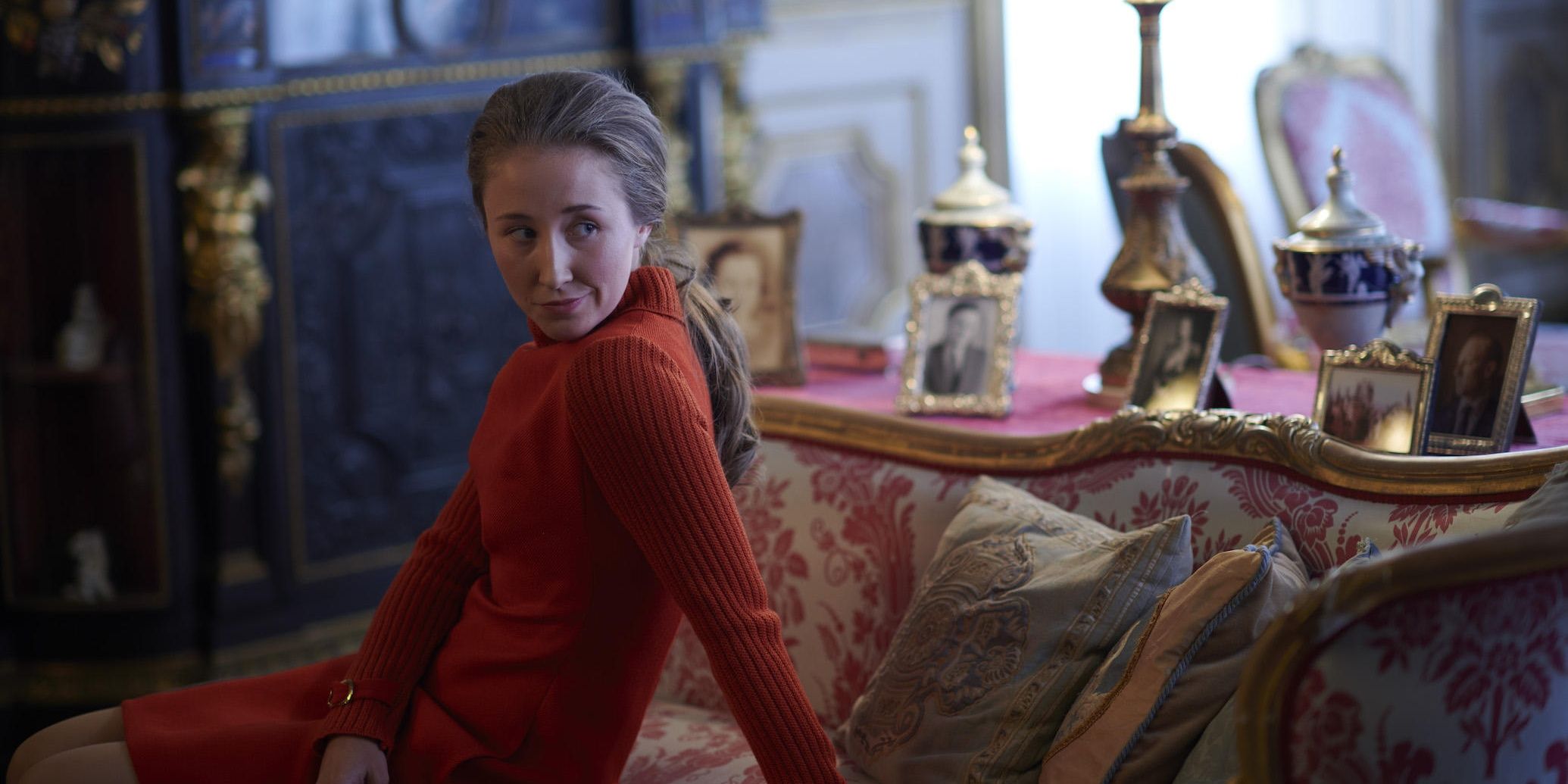
When Anne is born to Crown Princess Elizabeth, she was third in line to the throne, after her grandfather, King George VI, her mother, and her older brother, Prince Charles.
Later, the birth of her two younger brothers, Prince Andrew and Prince Edward, not to mention two nephews and nieces (the latter not shown on screen as of Season 4), has pushed her far down the inheritance line. More importantly, nobody in her family seems to listen to what she has to say, leaving her upset at her lack of authority.
7 The Queen Mother
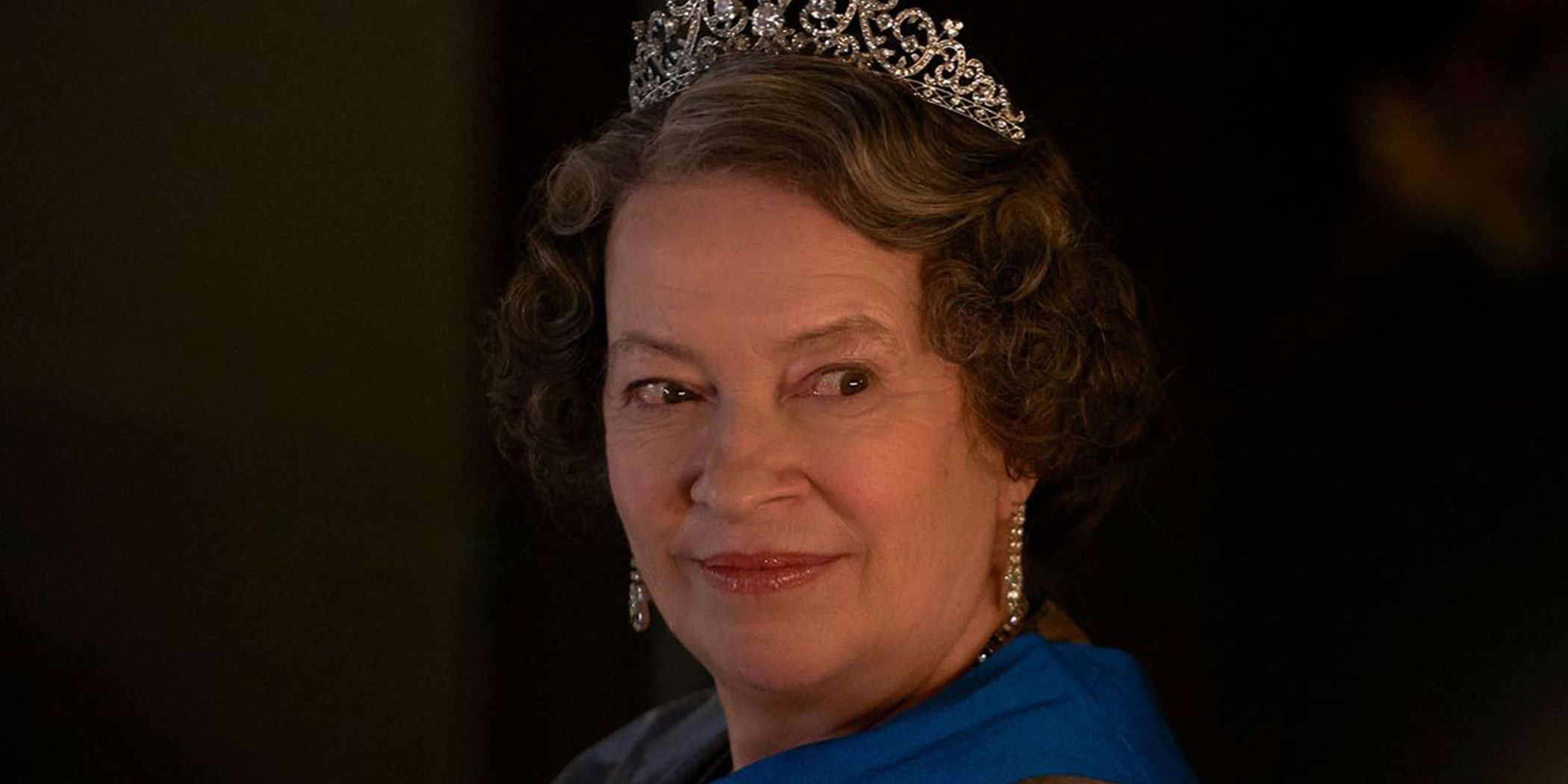
The only other Queen in the series is also named Elizabeth, who served as King George's consort from 1936-1952. She is later titled The Queen Mother, in deference of her role as well as that of her daughter's.
Elizabeth's position is clearly influential, given that the Queen herself often seeks her opinion and/or advice, although she is powerless in most other cases. Her status, however, receives an immense boost through the fact that she is actually addressed using the term "Her Majesty".
6 Prince Philip
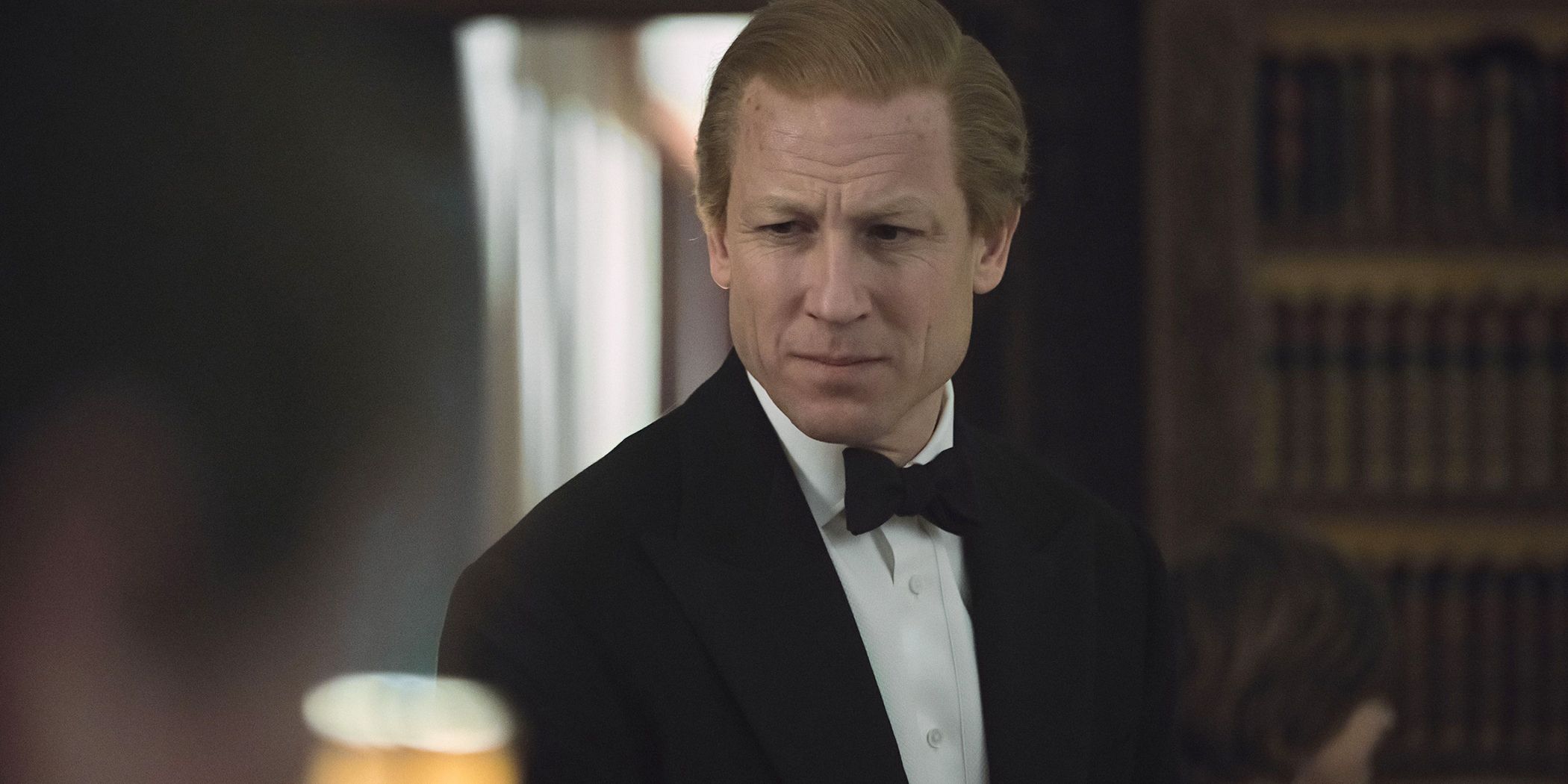
Prince Philip's major complaint after Elizabeth's coronation is that his son would "outrank" him, as well as being unable to pass on his name and title.
The Queen takes heed of his grievances, and institutes a change that would permit her husband's preeminence over everyone else in the country, including the Prince of Wales (unless the matter takes place within the bounds of parliament.) As such, Prince Philip wields considerable power, both at home and abroad.
5 Prince Charles
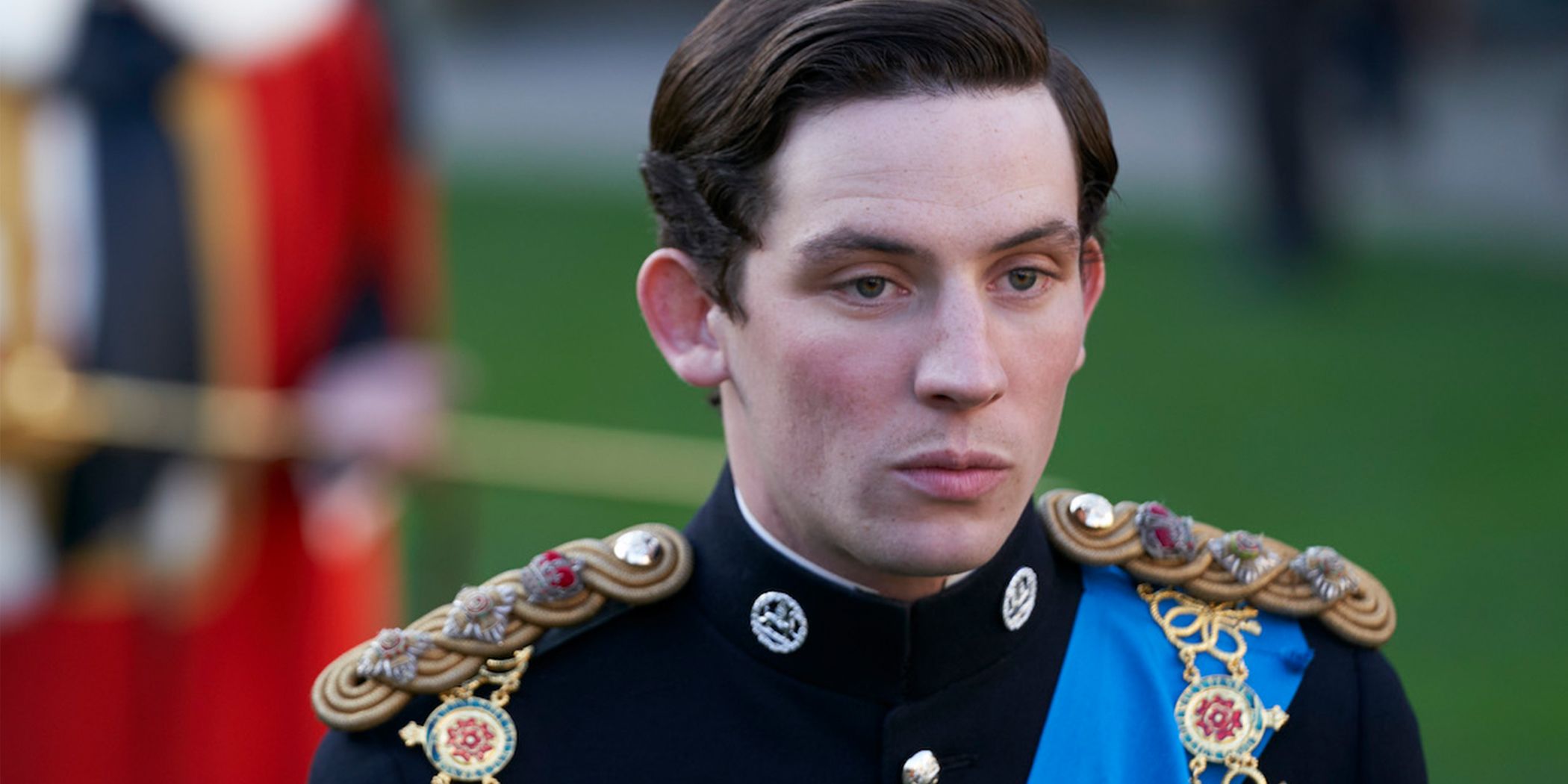
While he is officially ranked above his aunt and his soon-to-be ex-wife, Prince Charles doesn't quite radiate the regal aura that the latter two characters have no dearth of.
His every decision, including the one to choose his own romantic future, is coldly rejected by Queen Elizabeth I, who informs him that their titles take precedence over their relationship, regardless of maternal bond. Similarly, he has no clout to speak of in the public sphere, either, but, in the end, he is the Prince of Wales and the heir to the throne.
4 Princess Margaret
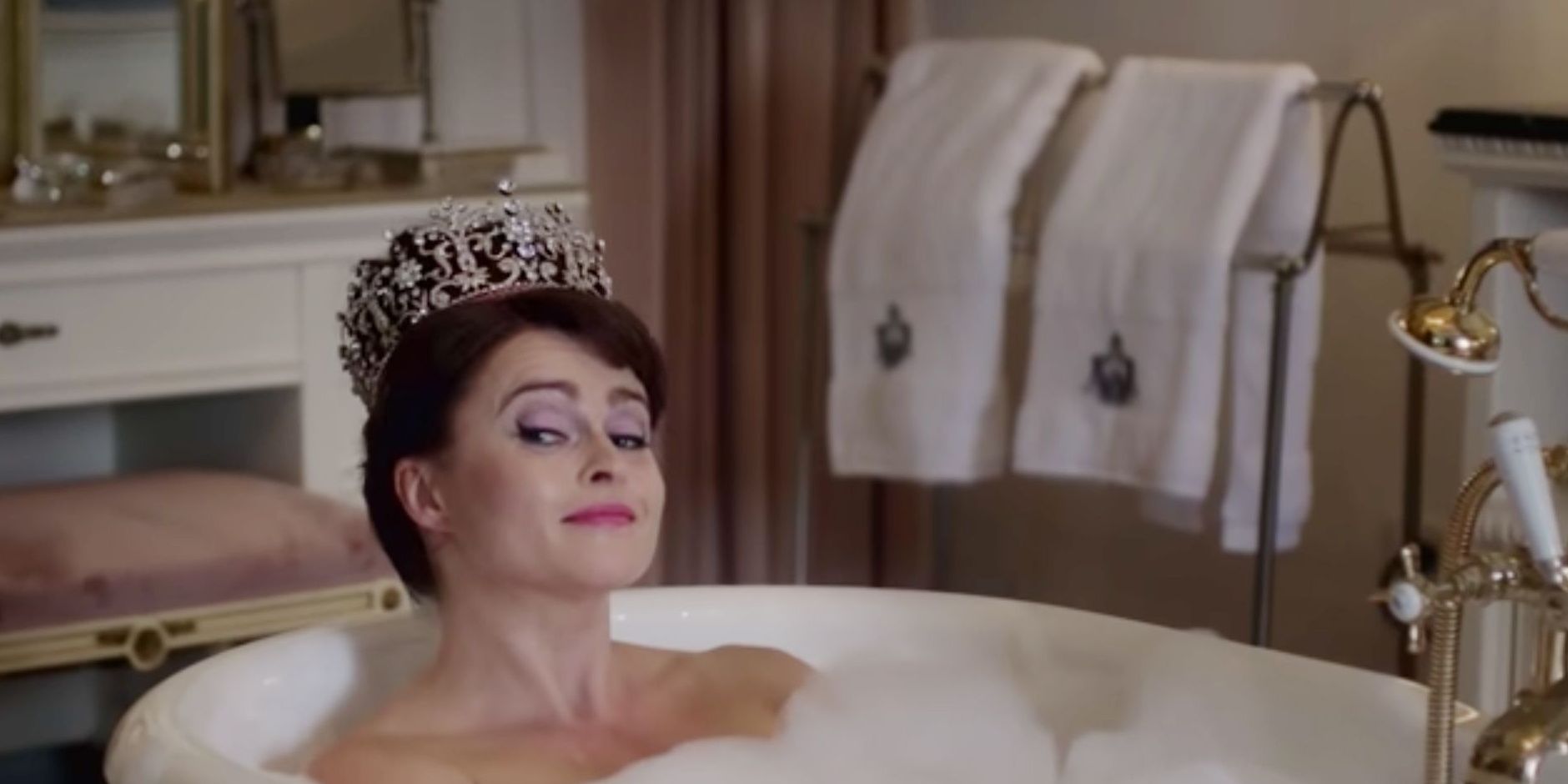
The fire wielded by Princess Margaret is, perhaps, partially dependent on Helena Bonham-Carter's theatrical grandeur, but history has shown that the real version was just as explosive in every way. She may not have been the Queen, but as her own sister has mentioned on more than one occasion, she would have made a better one.
Her performance at the White House, at least according to series canon, is responsible for recalibrating US-UK relationships in the 1960s, given that Margaret receives a personal seal of approval from President Lyndon B. Johnson.
3 Margaret Thatcher
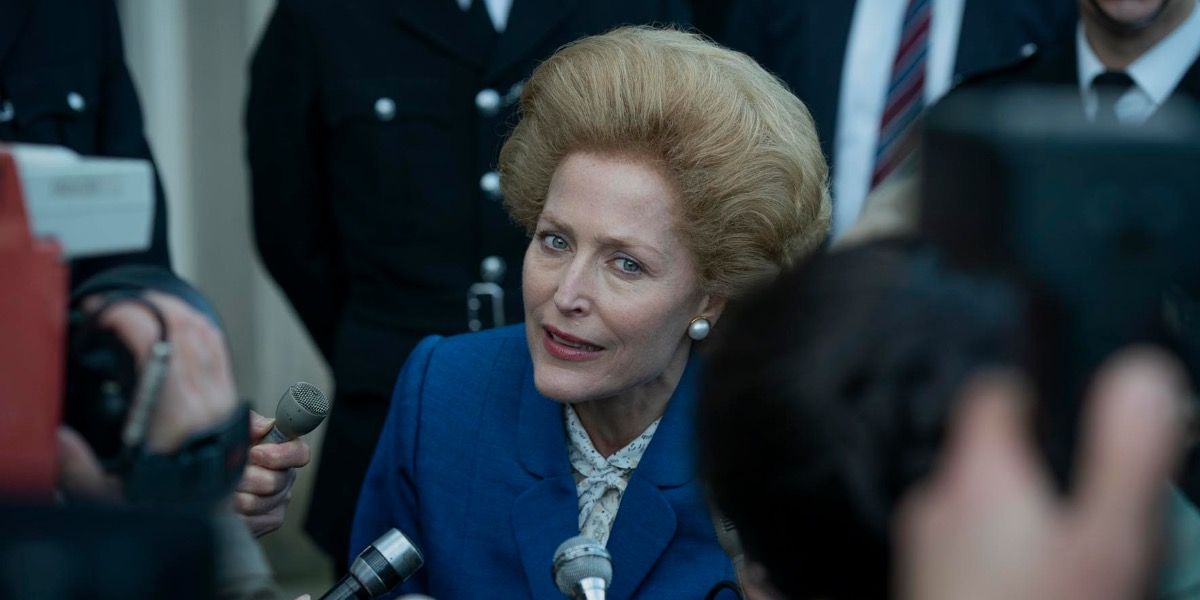
The Iron Lady proves, from her first day in office, that she is worthy of her epithet. Margaret Thatcher, in the earlier days of her tenure, falters in terms of royal decorum, as seen from her bizarre stint at Balmoral Castle. However, she soon wrests control of the government, as well as the attention of her citizens, to the point of making even Queen Elizabeth II envious.
Thatcher's numerous reforms are welcomed as much as they are derided, but neither reaction ruffles her feathers — the Prime Minister keeps her own counsel and her decisions are affected by nothing once she has made them.
2 Queen Elizabeth II
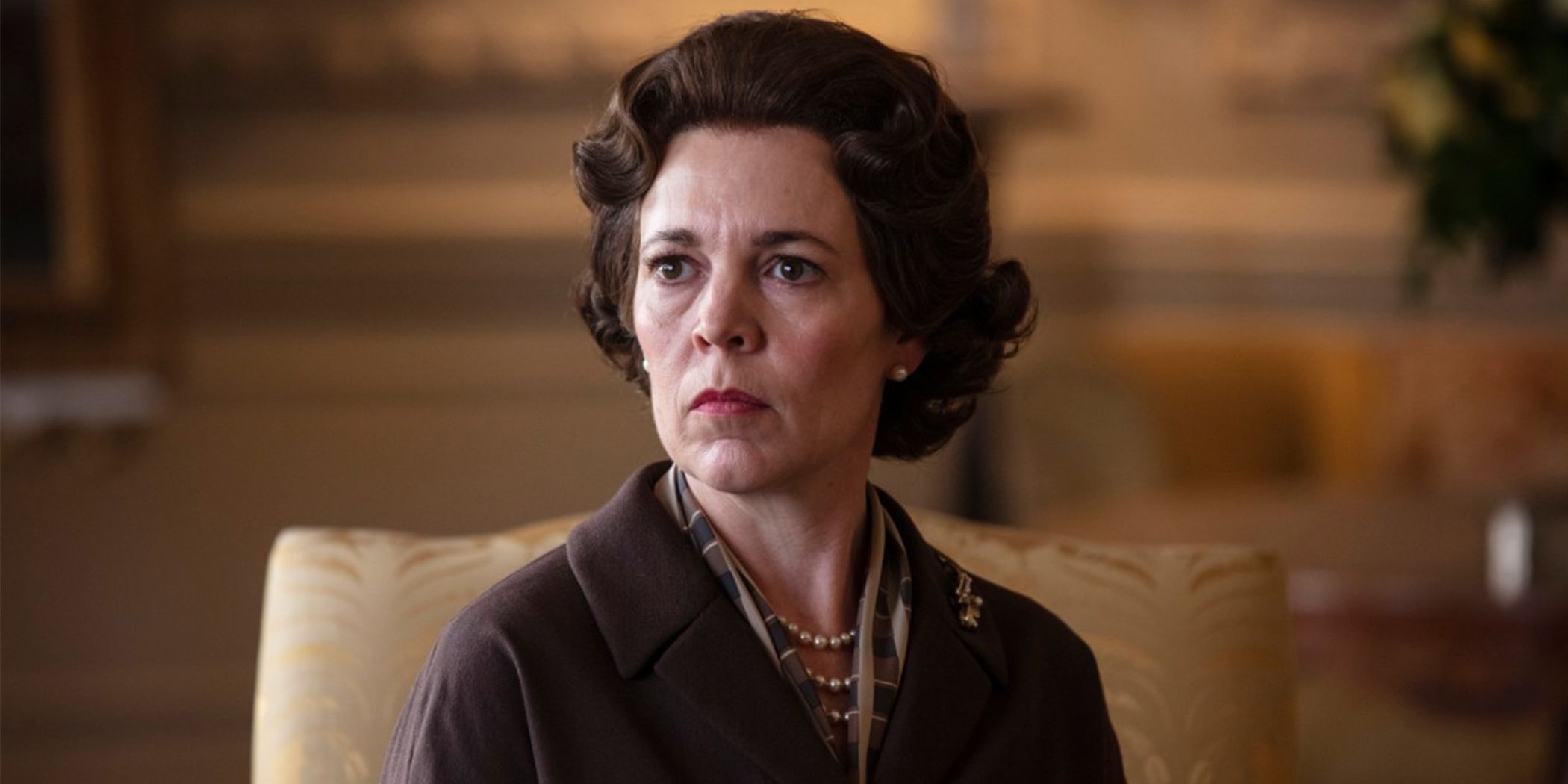
Although a major political faux pas on her part (opining on Thatcher's governance) threatens to weaken the protocols that hold the Crown in place, decisive action is taken, and blame is shifted far away from the Queen. She remains ever popular amongst her people, as beloved as she was when she inherited the throne.
Further, every other title in her household can be negotiated, in that their power does not exist unless it is vested in the person of Queen Elizabeth II herself. Nevertheless, there remains one other character who boasts of a greater reputation.
1 Princess Diana
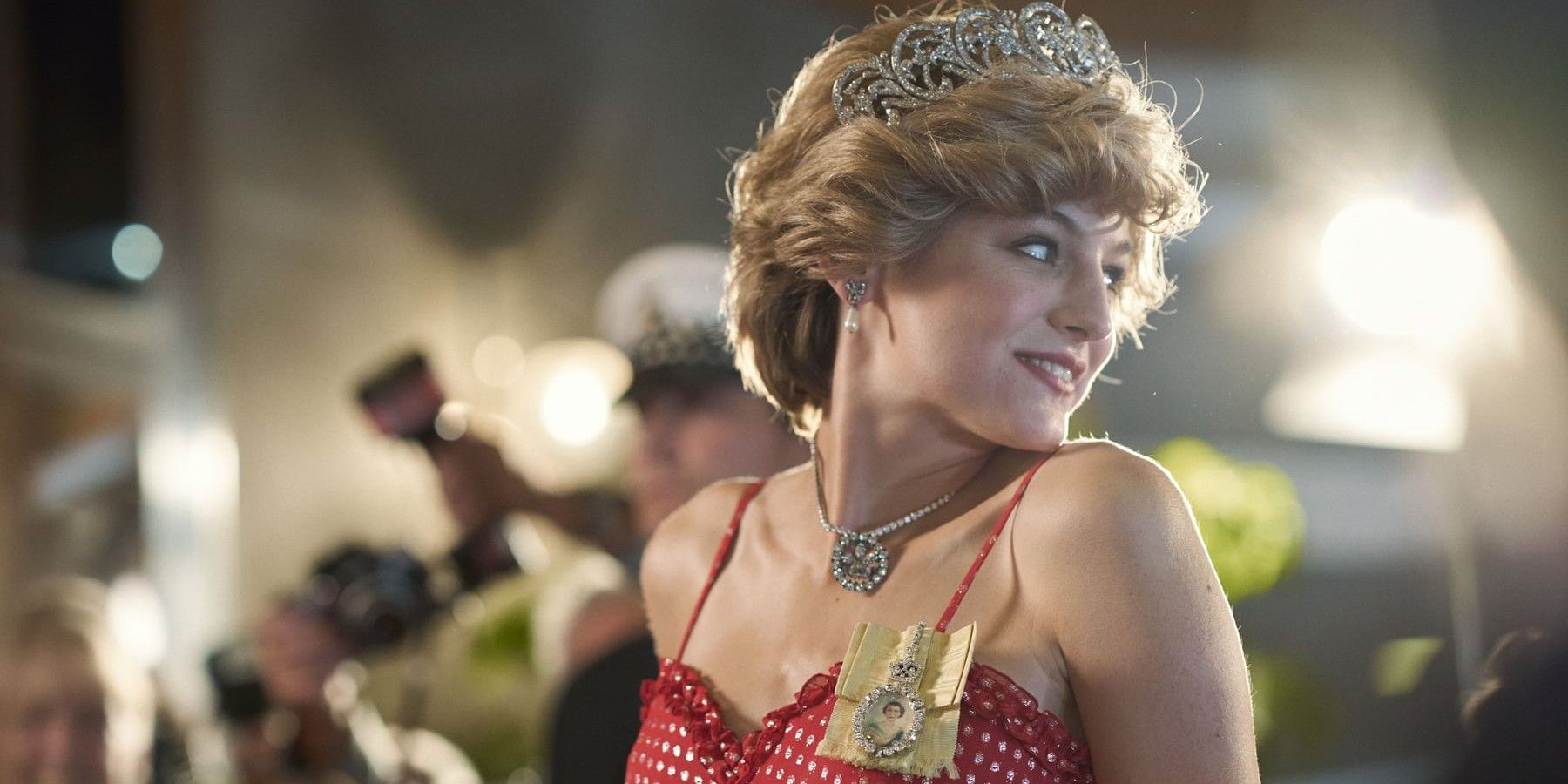
The levels of popularity experienced by Princess Diana, on television or in real life, have been exceeded by very few people in the last century. Even excluding the fact that she's the future Queen, and the mother of a future King, Diana shines brighter than the entire royal family put together (except, of course, at home, where she is constantly ostracized and sidelined.)
The People's Princess doesn't let that hold her back, though, given her active contribution to various charities and peace organizations. In fact, The Crown is certain to show the events leading to and immediately following Diana's death in 1997 in a later season, where it will be considerably more clear why she deserves to be at the top of this list.
from ScreenRant - Feed https://ift.tt/2PX8qf9

0 Comments